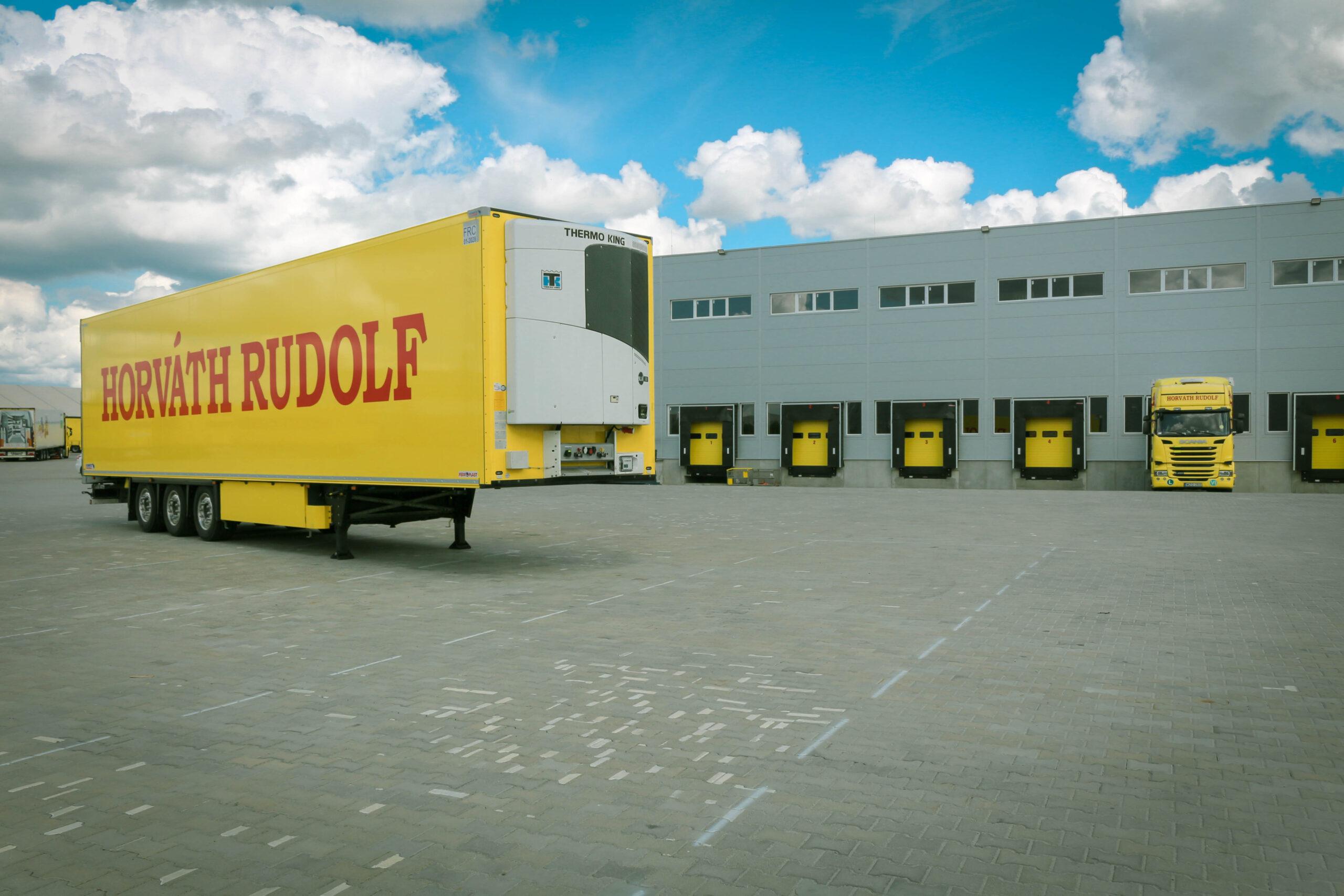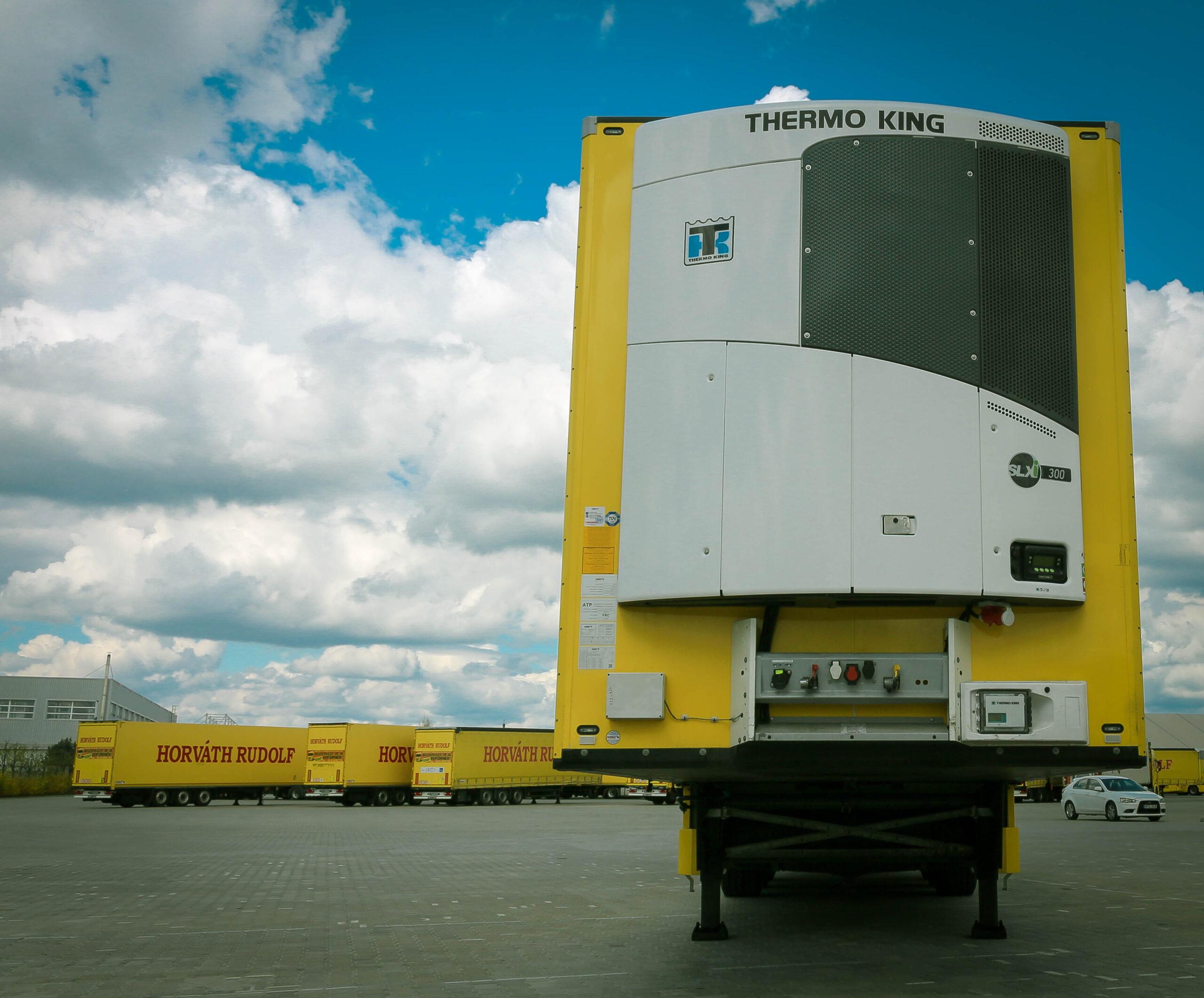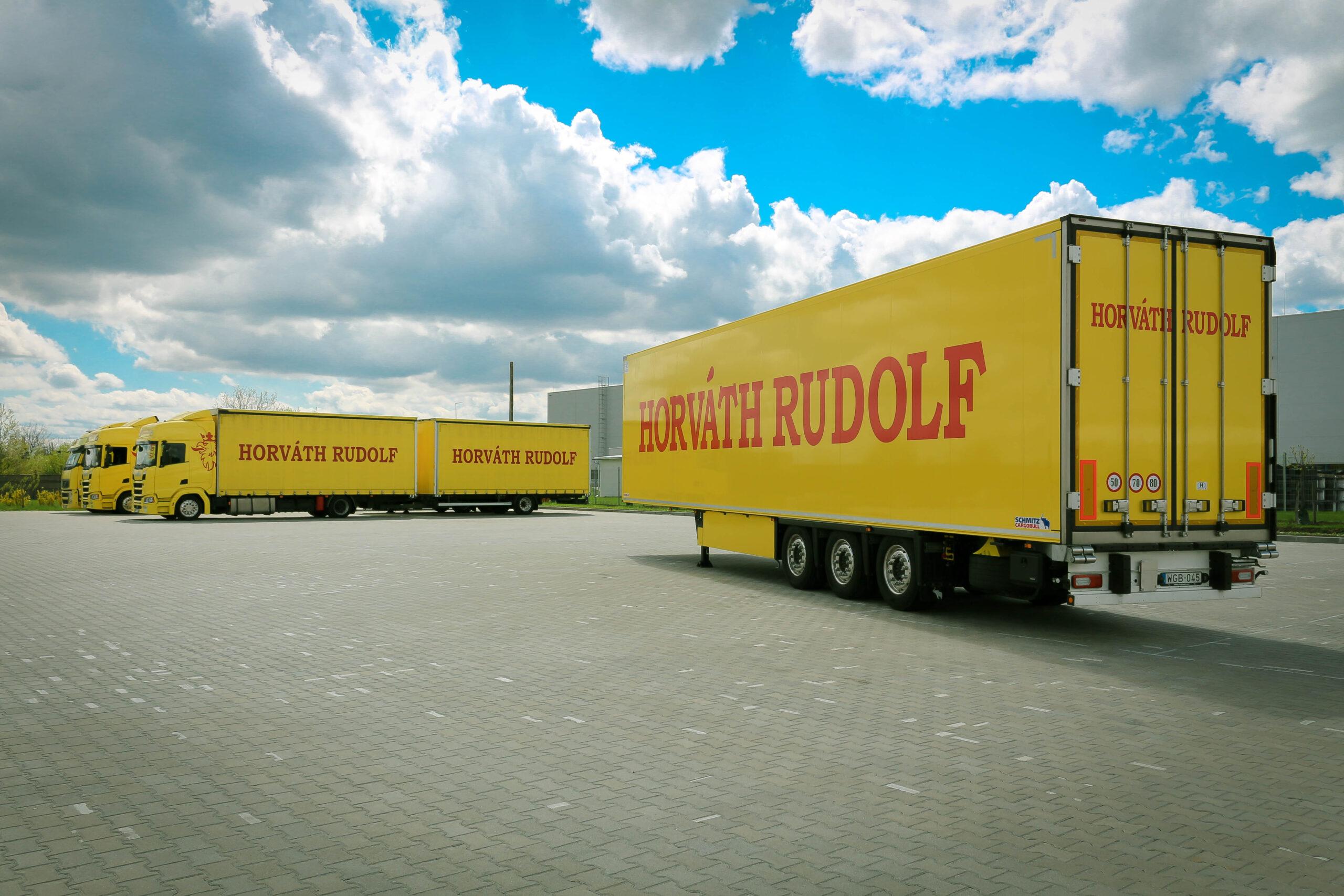A standby trailer is a trailer owned and operated by the transport company, in this case, HRI, which is delivered to the customer’s premises and placed in a designated area or zone. Its function is to facilitate logistics processes, since its use often makes the company’s processes more economical, depending on the complexity of the loading process and the storage needs. The personnel involved in the transport operation do not have to spend their time on loading but can deliver the prepared trailer from a predetermined location, replacing the loaded stand-by trailer with an empty one.

The usual procedure is for the logistics company, HRI, to provide its partner with the personnel and a company vehicle to move the stand-by trailers from the loading site to the stand-by zone.
The standby trailer can be useful for companies with high volume transport needs or where regular, constant, and fixed transport tasks need to be carried out. More predictable transit times and more efficient operation. . In addition, the plant itself can also benefit from the use of standby trailers, either for the storage of raw materials and their loading at a specific time or for the storage of finished products, which do not occupy the plant until delivery but are loaded on the trailer and await the specific time when the transport task starts.
Special occasions, such as holidays, stoppages, strikes, and weather conditions, which make logistics processes and deliveries more difficult, can also be an argument in favor of having trailers ready and available.
The use of standby trailers is now a widespread practice in e-commerce, the automotive industry, and many manufacturing support sectors. The aim is to speed up processes and optimize delivery with as little downtime as possible.
However, it is important to note that the contracting round must take into account the storage needs of the products and the loading method, and other conditions, and the issue of liability is also put in writing, as the driver is not on-site at the time of loading.
The stand-by trailer service may be charged monthly or even daily, but thanks to our flexible services, it may also be part of the transport service on a working day basis. The benefits of partnering with a large logistics company are that we have the necessary equipment at our disposal, that we can offer this type of service to our clients and that we are even prepared to invest to fully meet their needs.

Interestingly, in some cases, we may be asked to supply a semi-trailer with a refrigeration/heating unit, i.e. a temperature-controlled internal temperature, and of course this design is also available for stand-by service, usually when storage at a specific temperature is required by the manufacturer. It may be useful to know that the temperature control works even when the trailer is not connected to the towing vehicle, with the electrical power being supplied by a battery.


